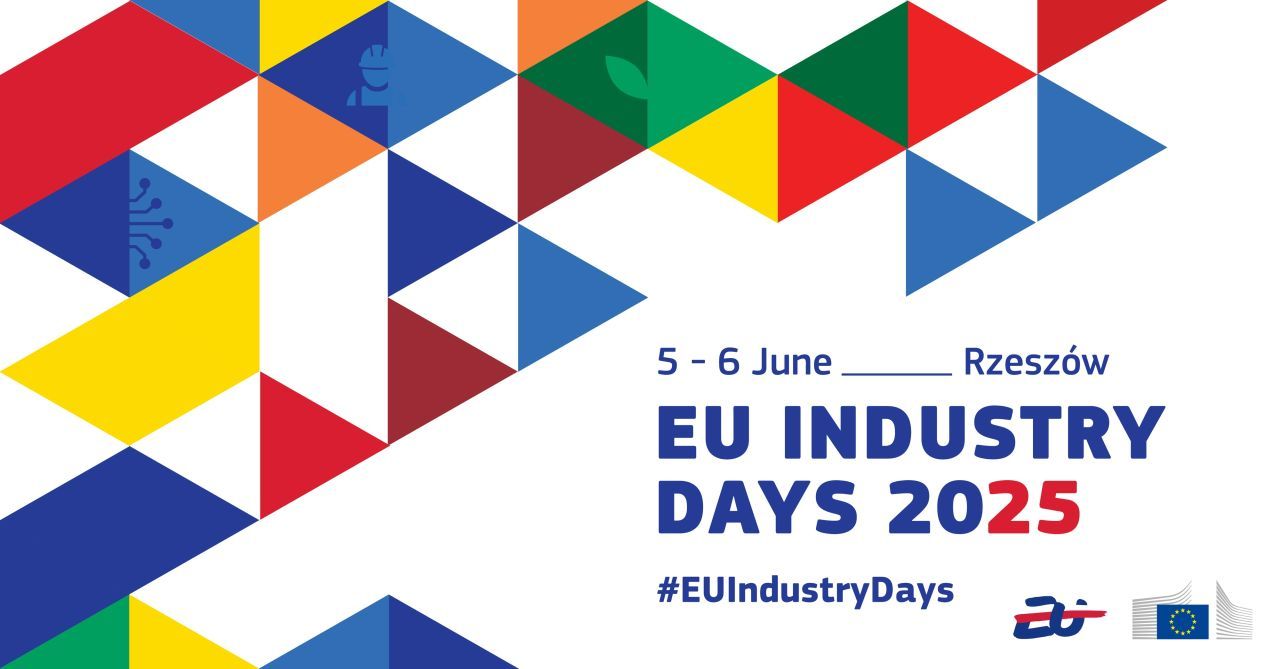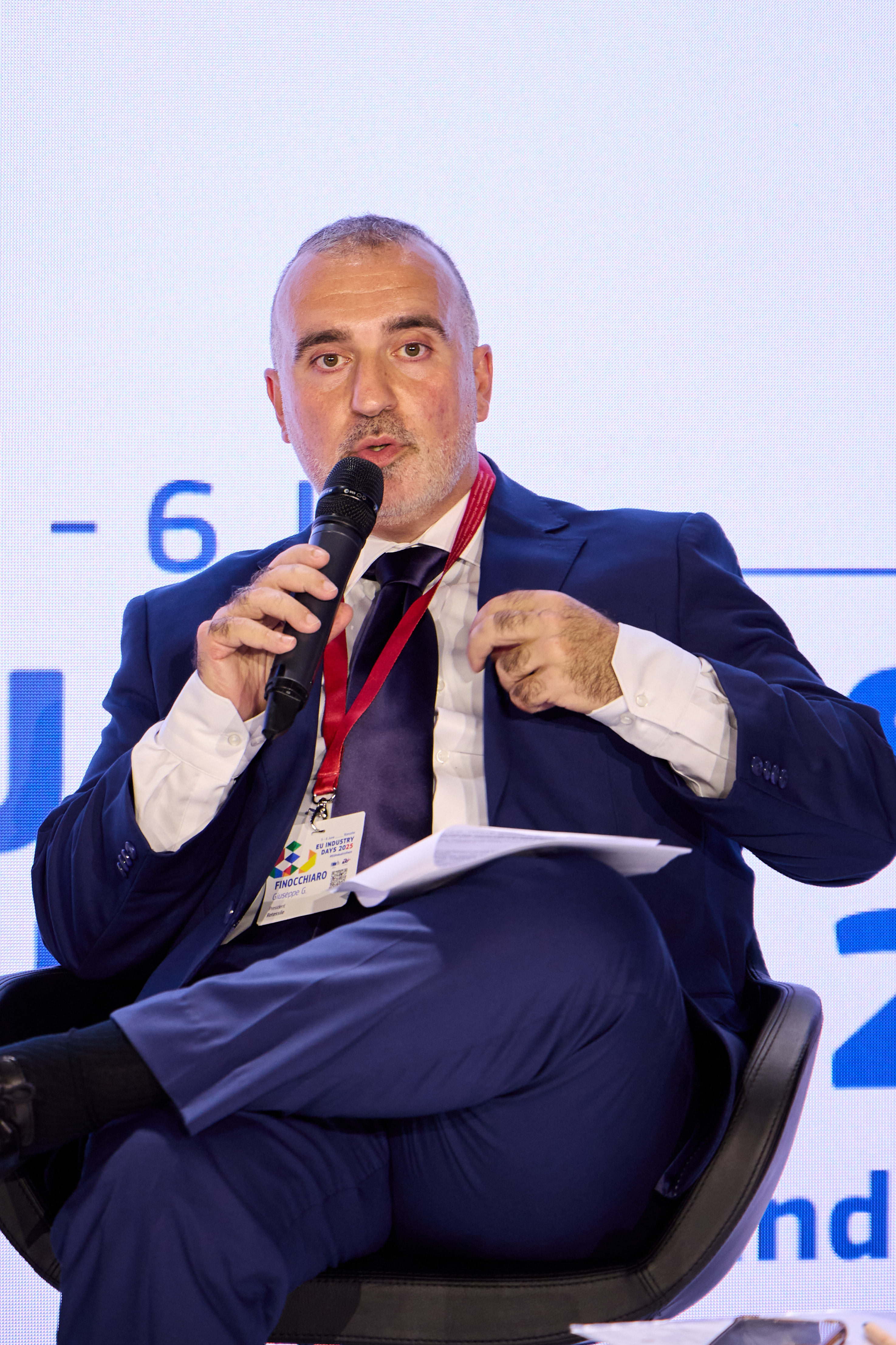
The Industry Days of 2025 took place on 5-6 June in Rzeszów, Poland, with the support of the Polish Presidency of the Council of the European Union. With about 1,000 participants, including key players in European industry, EU institution leaders, policymakers, and other stakeholders, the 2025 edition of the Industry Days focused on three key categories: Competitiveness and Decarbonisation; An Innovative Industry; and Increasing Security and Reducing Dependencies with EU Industry.
Addressing the topic of Competitiveness and Decarbonisation, CECOP, together with EURATEX and EuroCommerce, organised a session on the “Expectations for the European Textiles Sector: Balancing Competitiveness and Circularity”.
The textile industry in Europe is going through a dual transformation: on the one hand, it is striving to maintain its global competitiveness, and on the other hand, it is advancing towards a decarbonized and circular economy. In light of this, during our session, moderated by EURATEX, speakers from RETESSILE, a network of social cooperatives from Italy, and Decathlon discussed the key challenges and opportunities across the textile value chain—including waste management, textile recycling, raw material access, skills development, and investment needs—accompanied by policy recommendations to support the sector’s long-term competitiveness, decarbonisation, and circular transition.
Giuseppe Finocchiaro, President of RETESSILE, provided an overview of the work of social cooperatives in Italy in textile waste management. RETESSILE is a network of social cooperatives, specialised in the collection and management of textile waste. As Type B social cooperatives, social inclusion is integrated at every level and the mission of the member cooperatives includes the provision of job opportunities for disadvantaged workers, while RETESSILE acts as a point of contact for cooperating with fashion and textile companies and public administrations.

In his intervention, Mr Finocchiaro highlighted that although the revision of the Waste Framework Directive – scheduled to reach the European Parliament Plenary floor in October 2025 – calls for mandatory textile waste collection, there are no dedicated funding mechanisms in place and the sorting and preparation-for-reuse chain will remain under pressure. Indeed, he warned that Extended Producer Responsibility (EPR) schemes must not leave out social cooperatives, or the system will collapse. He also underlined the necessity to align the Ecodesign for Sustainable Products Regulation, the Digital Product Passport, and the End of Waste criteria. Mr Finocchiaro also called attention to the importance of recognising that the green transition is not only a technological issue, but a matter of power, or governance. It is therefore indispensable that social cooperatives that are already skilled at building traceable, inclusive chains, are not left out.
The contribution of social cooperatives to the circularity in the textile sector often goes unnoticed, despite the immense effort and results they demonstrate: RETESSILE, in 2024 alone, managed 37,000 tons of textiles. Beyond recognizing their efforts, social cooperatives need legal clarity and funding or compensation mechanisms to be able to carry out their mission and contribute to building a circular, inclusive and resilient economy.
For further information on waste management in Italy, read our CoopTale on Vesti Solidale.







 Employment & Social Inclusion
Employment & Social Inclusion  Entrepreneurship
Entrepreneurship Sustainable Growth
Sustainable Growth 

